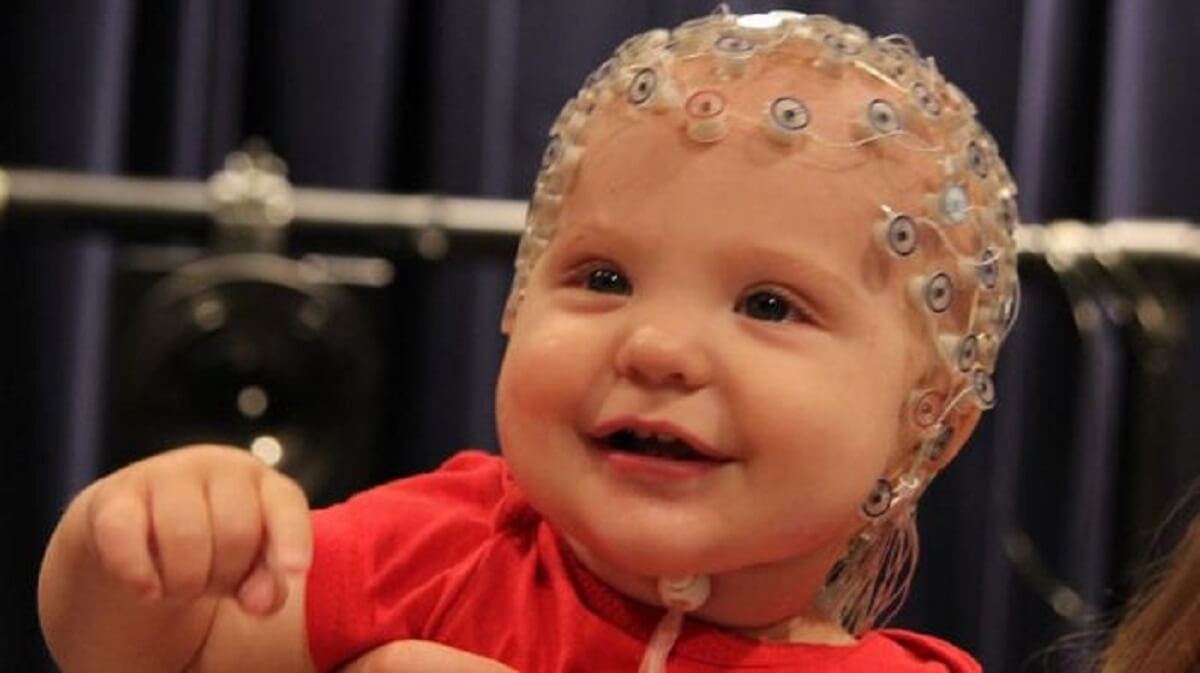VANCOUVER, British Columbia — A baby’s gut microbiome may be what influences their brain development and attention skills, new research reveals. Growing evidence suggests that the diverse community of microbes in the human gut, referred to as the microbiome, has a link to various aspects of human health, including brain function.
While some studies, both in animals and humans, have hinted at connections between the microbiome and early brain development, only a few have investigated how differences in an infant’s microbiome might impact their developing cognitive abilities.
To delve deeper into these potential links, the research team examined data from 56 infants between four and six months-old. These infants underwent at least one of three cognitive evaluations, and their gut microbiomes were assessed through fecal samples.
Results revealed that infants who excelled at a “point and gaze” social attention test – gauging the ability to focus on an object with another individual – typically had increased quantities of microbes from the Actinobacteria phylum, the Bifidobacterium genus, and the Eggerthella genus. Conversely, these babies had fewer microbes from the Firmicutes phylum, the Hungatella genus, and the Streptococcus genus.

Moreover, electroencephalogram (EEG) assessments of the babies’ brain responses to a consistent beat indicated that certain brain activity patterns related to improved rhythmic processing correlated with specific microbe levels. These patterns are also associated with levels of certain metabolic chemical reactions involving microbes, which earlier research has linked to brain and spinal cord development.
However, the researchers found no connection between the microbiome and blood flow measurements in the babies’ brains when exposed to human speech recordings.
“In our small pilot study, we observed interesting associations between the microbiome and brain function in early infancy,” concludes Sebastian Hunter, a biologist at the University of British Columbia in Canada, in a media release. “Further replication and research could be fruitful for understanding the role of the microbiome in early cognitive development.”
The research is published in the journal PLoS ONE.
You might also be interested in:
- Low fiber intake during pregnancy could lead to brain development delays in babies
- Your liver actually controls the internal body clock, not just the brain
- Best Probiotic Supplements: Top 5 Gut Health Products Most Recommended By Experts
South West News Service writer Stephen Beech contributed to this report.

